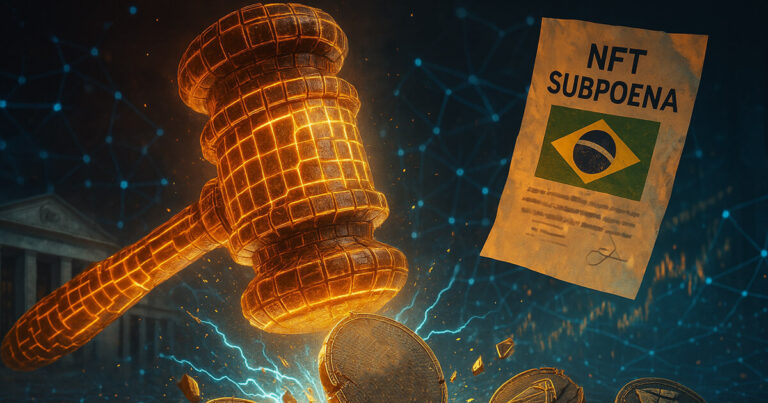Uncovering the Truth: Investigating Walmart’s Alleged Misleading of Investors – A Levi & Korsinsky Report
NEW YORK, NY / ACCESSWIRE / December 30, 2024
Levi & Korsinsky has recently announced that it has initiated an investigation into Walmart Inc. (“Walmart Inc.”) (NYSE:WMT) for potential violations of federal securities laws. The investigation comes on the heels of a lawsuit filed by the Consumer Financial Protection Bureau (“CFPB”) against Walmart and Branch Messenger. The lawsuit alleges that Walmart and Branch Messenger coerced delivery drivers in Walmart’s Spark Driver program to utilize expensive deposit accounts for payment and misled them about their earning access.
The Allegations
The Consumer Financial Protection Bureau’s lawsuit claims that Walmart and Branch Messenger engaged in deceptive practices by mandating delivery drivers to use costly deposit accounts provided by Branch Messenger in order to receive their payments. Additionally, the lawsuit alleges that Walmart and Branch Messenger misled the “last mile” drivers about the methods available to access their earnings, leading to confusion and financial harm for the workers.
This lawsuit shines a light on the possible misrepresentation and exploitation of workers within the gig economy, particularly within Walmart’s Spark Driver program. The accusations suggest a lack of transparency and fairness in the treatment of delivery drivers, sparking concerns about the impact on the affected individuals and the broader implications for investor trust and regulatory compliance.
Potential Implications
If these allegations are proven to be true, Walmart could face significant repercussions not only in terms of financial penalties but also in terms of damage to its reputation and consumer trust. Investors who have put their faith in the company may be adversely affected by the potential fallout of the investigation, leading to a loss of confidence in Walmart’s practices and leadership.
Furthermore, the broader implications of this investigation extend beyond Walmart and Branch Messenger to the gig economy as a whole. The treatment of gig workers and the regulatory oversight of gig economy companies have come under increased scrutiny in recent years, with calls for greater transparency and accountability in the industry.
How Will This Affect Me?
As a consumer and potential investor, the outcome of this investigation could impact your perception of Walmart as a company. If the allegations are substantiated, it may raise concerns about Walmart’s corporate governance and ethical practices, potentially influencing your decision to support the company through purchases or investments.
How Will This Affect the World?
The investigation into Walmart’s alleged deceptive practices could have far-reaching consequences for the gig economy and the broader business landscape. It may lead to increased scrutiny and regulation of gig economy companies, prompting a shift towards greater accountability and fairness in their treatment of workers. The outcome of this investigation could set a precedent for how companies are expected to operate within the gig economy and beyond.
Conclusion
The allegations against Walmart and Branch Messenger highlight the importance of transparency, fairness, and regulatory compliance in the treatment of workers and the conduct of businesses. The outcome of this investigation will not only impact Walmart and its investors but also have implications for the gig economy as a whole. It underscores the need for companies to prioritize ethical practices and uphold the trust of their stakeholders to ensure a sustainable and responsible business environment.






